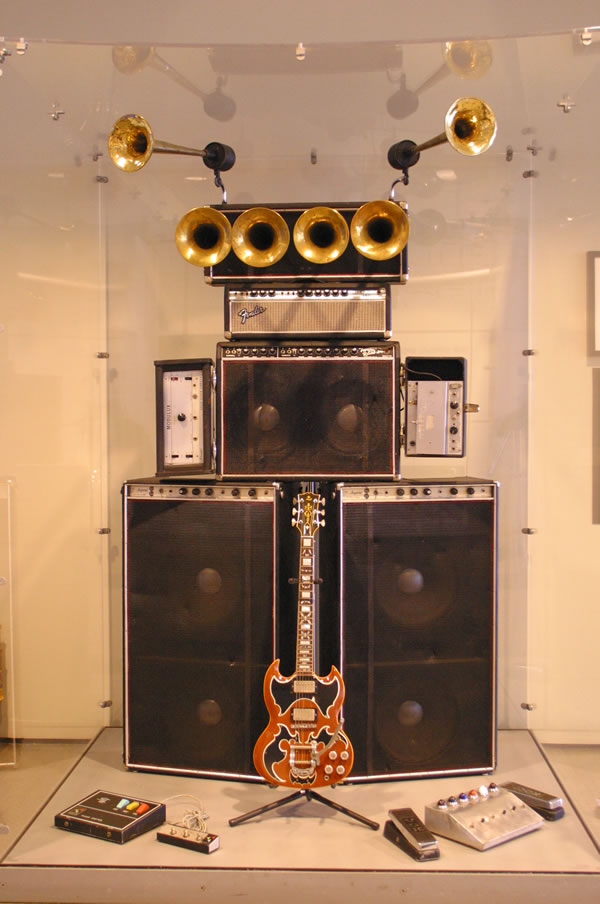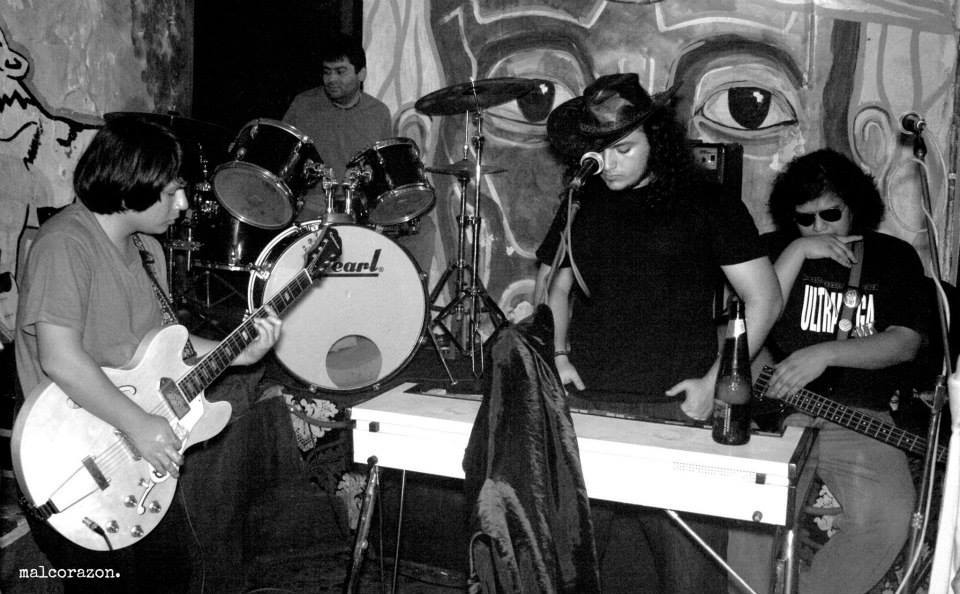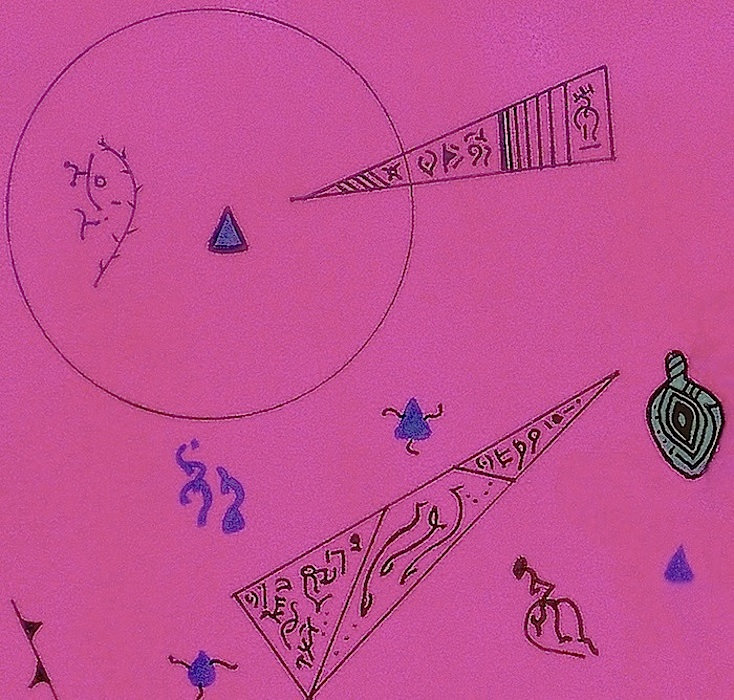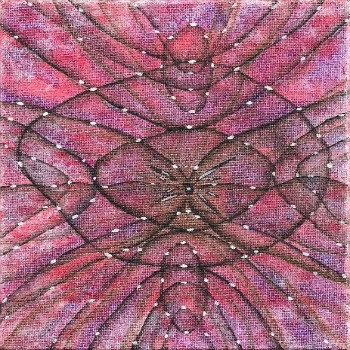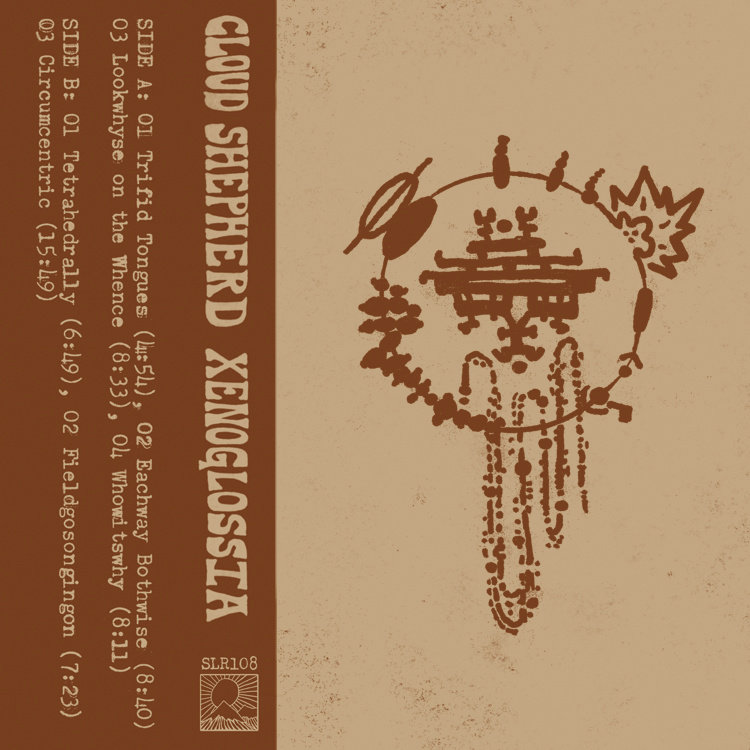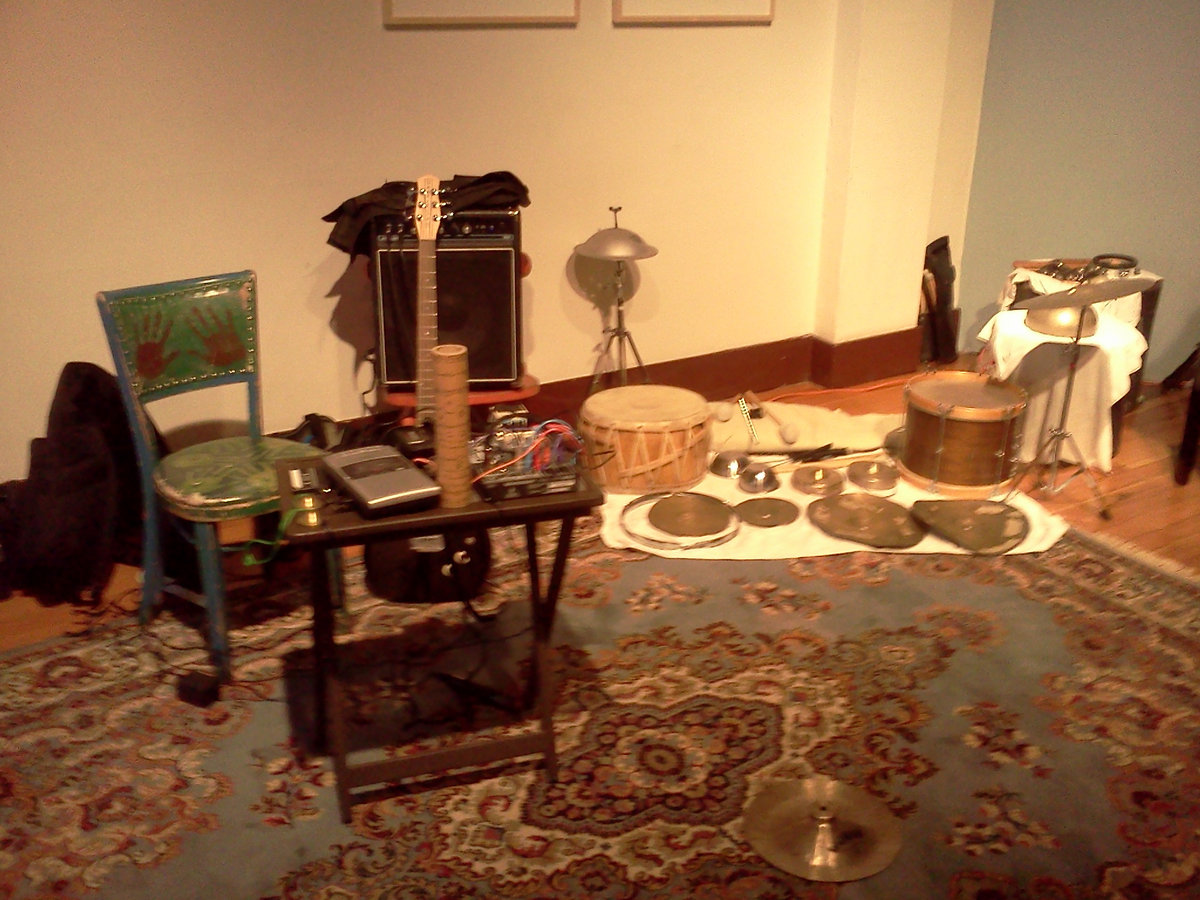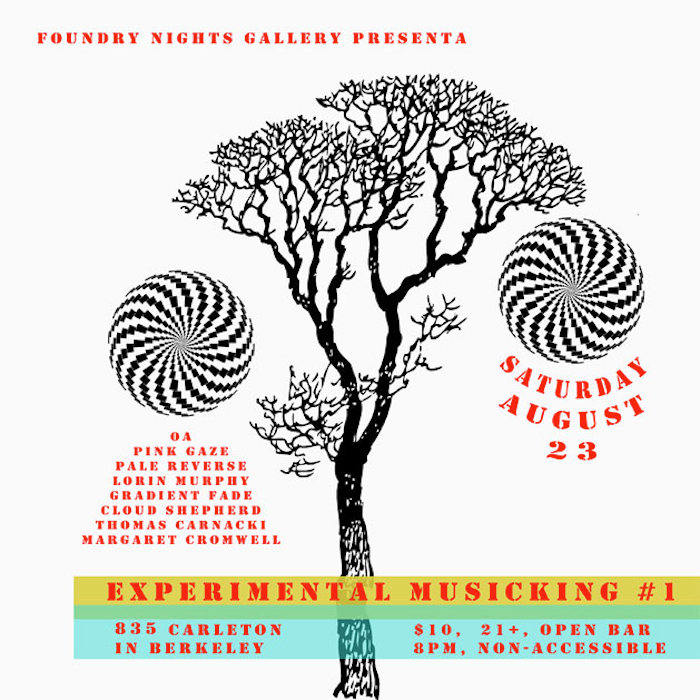Continuing onwards with my series of Peru-based band interviews, I take a step back of sorts to delve into the minds of two ex-Montibus Communitas (a band whose interview kicked off this series) now performing together in their new group, Paraíso Flotante - a similarly experimental improvisational group. - Interview conducted by Daniel Sharman.
Dan: Where do
you guys hail from, and who is in the band?
Anna: Well, for me,
this kind of question is long to explain. my place of birth was in Lima Perú but grew my
whole life in Bogota Colombia. It’s was basically me and Pedro, though before Pedro had been
playing with other musicians under the same name. After a while it was hard to
get everyone together so it established more between the two of us.
Dan: What were
you doing previous to this band, and what inspired you to form Paraíso
Flotante?
Anna: I had just arrived from Argentina a while ago
and was recording my songs and playing with some local bands. Practically Pedro
invited me to play in an acoustic & live environment, the day we had met in
Brayan's place for the first jam, we had a real connection in our improvisation
that day and we wanted to keep the same rhythm but exploring other “air” spaces.
Dan: Being an
improvisational group, how do you go about writing? I mean to say, what
inspires you and gives birth to the music you produce?
Anna: For me, is the need to play, then later we
manage to remember and write in a creative unstructured way the things we want
to rescue from our jams. Though, unfortunately we never recorded any of our
jams together with Pedro.
Dan: What sort
of bands, and records influence you? I think I heard some Gong-esque chants in
gan/río prohibido.
Anna: Normally I listened to Soft Machine, Fleetwood
mac, Gong, and King Crimson, whilst going to school, but also, Herbie Hancock, Jaco Pastorius, Laurie
Anderson, John Zorn, Mike Patton etc. and composers like Steve Reich, Arthur Russell,
Arto Lindsay, Jun Miyake, Eyvind Kang, Raul Zarate, Brian Eno and the list goes on & on. I listen to albums like “Dark side of the Moon” by Pink Floyd; “The Youngs” by The Youngs; “Tierra” by Julieta Rimoldi; and “Parallelograms”
by Linda Perhacs.
Pedro: I like Gong, but I don't really know their music that well. We all have different music that
we like in this band. I like the art ensemble of Chicago, they have an influence
on me. Secret Chiefs 3, Masada, Hamid Drake is one of my favourite drummers. I'm
also into Baba Sissoko, Konono (the mbira band) and Oumou Sangare. Lately, I mostly listen to podcasts and audiobooks like the Church of What's Happening Now
and the Illuminatus Trilogy audiobook on YouTube, which is brilliantly performed.
Dan: How/where
were the albums recorded?
Pedro: So 'Gan Rio Prohibido' was recorded in my apartment by a friend's (the Singer) laptop . I
don't have any kind of studio set up here it's just a rehearsal space, so the
sound is not the best. I think you can hear the same dog barking through the whole session which I kind
of like. This particular session features my long time friend's Tete Leguia who
is a brilliant bassist, and composer as well, who plays in many bands, and Carlos
French who is a singer that also plays a lot electronic keyboards like Moogs and
such.
Dan: What were
some of the instruments used on the recordings? E.g: percussion, strings, ect.
Pedro: The
instruments on that song I don't remember that well, but there's an acoustic nylon
guitar played with drumsticks (like Cairo Heroin-infused Street musician style); Tete on bass, there's an irish
flute, a quena, drums, and we all sing.
Dan: What is
next for Paraíso Flotante?
Anna: We have plans of recording virtually, but most
important now is playing on live. Meanwhile, I guess Pedro will continue in
Perú and me here in Argentina.
Pedro: I don't know. We´re not active now, although Nik Rayne [of Sky Lantern Records) is releasing a tape of our's. But, everyone from the band is playing, doing their own thing. I play in a crazy jazz trio with the bass player and Marco Mazzini - an amazing clarinet player from here. Carlos has his doom band. El Jefazo and I still play with Chicho who was a mayor presence in Montibus Communitas too.
Dan: Right, so
you are an ex-montibus communitas member, can you tell me about that time?
Pedro: I met Brayan, who at that time called himself Brayan Buckt (his real name is
Brayan Tipa), at this concert in Lima and I asked him to play, we jammed at his
place and the second time I went there I met Anna and Sergio and that's when we
recorded the material on the first LP. I started playing a lot with Anna and Chicho after that around that time Montibus had its first gig in Koca Kinto, which in my opinion is the only really good gig we ever played. After that
people got excited and we wanted to rehearse and share ideas but Brayan said ''NO''! He said that the band was free-wheeling, that there
would be no rehearsals... So we
kind of went fuck that and did our own thing.
Dan: We reviewed Pilgrim to the absolute recently, what do you think of that record?
Pedro: Well, now we're not in the Stone age there is Google. You know one time I went in there and put Montibus Communitas into search and there was all these interviews saying anybody could be in that and that we are mystics living at the edge of a river and that's when I got upset. No one ever asked if we liked that name Montibus Communitas. And it was a band with fixed members since Chicho played with us, Brayan brought in another bassist who didn't really click with us.
Also most of the parts I played are credited under Brayan's name. After that we all left and we don't know anything about the band and we don't receive anything for any releases.
Also most of the parts I played are credited under Brayan's name. After that we all left and we don't know anything about the band and we don't receive anything for any releases.
Dan: Lastly, is
there anything else you would like to say?
Anna: Let there be more musicians able to risk their oneself
to become one with music. Fashion and fame are good and motivating, but it
comes and goes as fast as the wind. Kill your own idols & maintain yourself
to be true to your real own essence.
Do You Even Psychedelic? would like to thank Anna and Pedro for taking the time to complete this interview.
Make sure to like the band's facebook page here.
You can hear the band's music on their Soundcloud, here.
Do You Even Psychedelic? would like to thank Anna and Pedro for taking the time to complete this interview.
Make sure to like the band's facebook page here.
You can hear the band's music on their Soundcloud, here.








